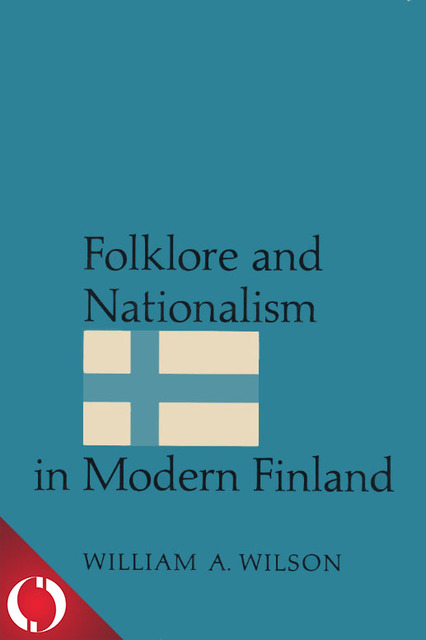Folklore and Nationalism in Modern Finland
Probably in no other country has the marriage of folklore studies and nationalism produced such dramatic results as in Finland. The turning point in the struggle for independence was the intensifying nationalistic sentiment produced by the publication, in 1835, of Elias Lonnrot's Kalevala, an epic based on folk poetry. In the following decades a small band of Finnish scholar-patriots dug into Finnish folklore to forge a literary language, create a national culture, and reconstruct the prehistoric period of the nation's past independence. Folklore and Nationalism in Modern Finland traces the crucial impact of folklore studies on three periods in Finnish history: the era of Swedish and Russian rule; the tense decades between the winning of Finnish independence and the end of World War II; and the postwar period. By studying the increasingly propagandistic application of folklore by both the political right and left and by showing how respected folklore scholars allowed themselves to be swayed by political issues, Wilson raises important questions about the proper use of folklore—and indeed of all the humanities.

Table of Contents
Metadata
- isbn978-0-253-05071-7
- publisherIndiana University Press
- publisher placeBloomington, Indiana USA
- restrictionsCC-BY-NC-ND
- rightsCopyright © Trustees of Indiana University
- rights holderIndiana University Press
- rights territoryWorld
- doi
We use cookies to analyze our traffic. Please decide if you are willing to accept cookies from our website. You can change this setting anytime in Privacy Settings.


